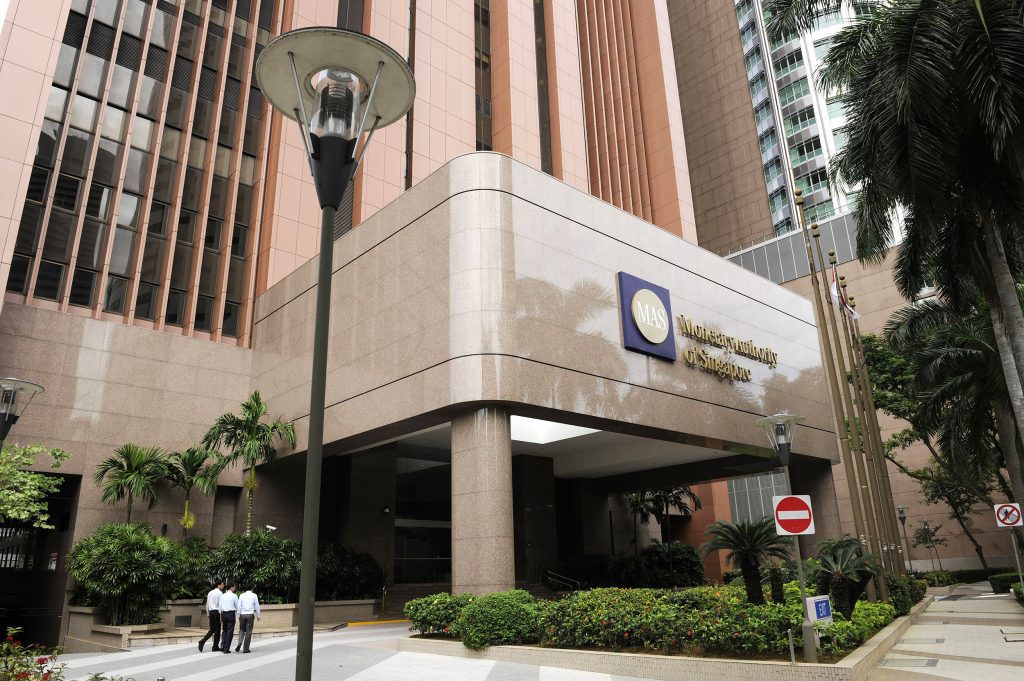- Strategic Investment: Singapore, along with international partners, aims to raise $5 billion to finance climate projects across Asia, focusing on bridging the significant climate finance gap in the region.
- Multi-Sector Collaboration: The initiative seeks to leverage both public and private investments, showcasing a model of collaboration that could set a precedent for future climate financing.
- Enhanced Viability: Efforts include de-risking projects to attract more substantial commercial investment, thereby increasing the feasibility of essential climate projects in Asia.
Singapore is spearheading a significant financial initiative designed to mobilize $5 billion alongside global partners to support climate-focused projects throughout Asia. This ambitious effort, termed the “Financing Asia’s Transition Partnership” (FAST-P), was highlighted by Mr. Chia Der Jiun, Managing Director at the Monetary Authority of Singapore (MAS), during the Financing Asia’s Transition (FAST) Conference 2024.
Chia explained the urgency and scale of the challenge: “Asia’s pivotal role in the global climate agenda cannot be overstated. The region’s growing economic influence and environmental footprint mean its actions are critical to global sustainability efforts,” he remarked. This initiative not only underscores the necessity for robust climate action but also aims to catalyze further international cooperation.
The FAST-P initiative is not just a financial endeavor but a strategic move to address the substantial shortfall in climate finance, especially in emerging and developing Asian nations. According to the International Monetary Fund (IMF), these regions face an annual funding gap of at least $800 billion needed for climate mitigation and adaptation strategies.
“Bridging this gap requires innovative financial instruments and new partnerships,“ stated Chia. He highlighted the involvement of multilateral development banks and private sector investors who are essential to this ambitious financing framework. The plan is inspired by the success of similar global funds, such as the $30 billion climate-focused fund announced at COP28, and aims to replicate or even surpass these models in scale and impact.
Singapore’s strategy involves not only gathering funds but also ensuring these funds are directed toward viable and impactful projects. This includes developing a framework for assessing project viability and creating conditions that attract more significant investment, particularly from the private sector. The emphasis is on projects that can demonstrate clear environmental benefits and financial returns, thus making them attractive to a broader range of investors.
The FAST-P is seen as a critical step towards actualizing Asia’s transition to a low-carbon future. “Each dollar invested in this partnership is a step towards a sustainable and resilient Asia. We are not just funding projects; we are investing in the future of our region,” Chia concluded, emphasizing the transformative potential of the initiative.
With a strong commitment from various groups, including governments, financial organizations, and international groups, the project aims to have an important role in shaping Asia’s environmental plans and ensuring that the region stays at the forefront of worldwide actions to address climate change. The success of this effort could be a model for similar plans around the world, showing the crucial role of financial innovation in reaching sustainability targets.



